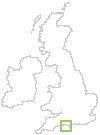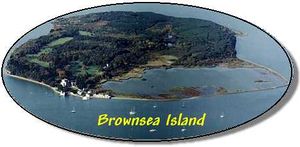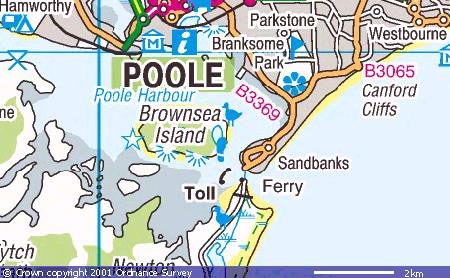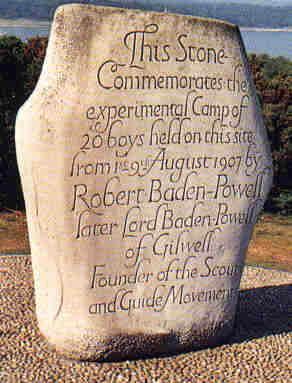Brownsea Island
Introduction
Brownsea Island is dramatically located in Poole harbour, offering spectacular views across to Studland, Old Harry Rocks and the Purbeck Hills. It offers a peaceful, natural setting undisturbed by traffic – ideal for walks, picnics and for families to explore. Important natural habitats include pinewoods – home to rare red squirrels – heath, shoreline and lagoon, where overwintering and breeding birds collect. In the past the island has been the site of a Victorian pottery, a brick works, an Edwardian country estate, a daffodil farm and, in the Second World War, acted as a decoy to protect Poole. The Scout and Guide movements began here with Baden Powell's first experimental camp in 1907
External Links
http://www.nationaltrust.org.uk/main/w-vh/w-visits/w-findaplace/w-brownseaisland/
Getting There
The First Scout Camp
For more detail see: First experimental camp - Brownsea Island - 1907
In the 1860s, the Admiralty had been considering buying Brownsea to replace Dartmouth as a base for training naval cadets.
So it was appropriate that, at Charles van Raalte's invitation, Major-General Robert Baden-Powell, the hero of Mafeking, should have chosen the island for his first Scout camp.
He chose 22 boys to join him. Some were the public-school children of his acquaintances; others working-class lads from the Poole and Bournemouth Boys' Brigades.
Tents, tracking and mock whale-hunts In August 1907, they set up their tents on the south coast of the island. The day began at dawn with the blast of an African Kudu Horn.
After a glass of milk and a biscuit, followed by 30 minutes' physical training and prayers, the boys broke up into separate patrols: the Wolves, Bulls, Curlews and Ravens. They practiced tracking, building shelters and putting up tents, and performed mock whale-hunts in boats.
In the evening there were brief talks on scouting techniques, and then, round the campfire, Baden-Powell told yarns of life on the African veld.
The Scout movement grows The success of this first camp encouraged Baden-Powell to publish his 'Scouting for Boys' the following year, and from this modest beginning the international Scouting movement grew rapidly.
Curiosities
Some of the history includes:
- An eccentric owner who barred public access for 34 years so she could live as a recluse
- A fire in 1930 that ravaged 90% of the island
- Baden Powell’s first scout camp in 1907
- A decoy for the mainland in World War 2 - when baths were set ablaze with petrol to make it appear that enemy bombers had struck Poole
- An era when the island had its own pottery, village and school
- A castle built at the request of Henry VIII



